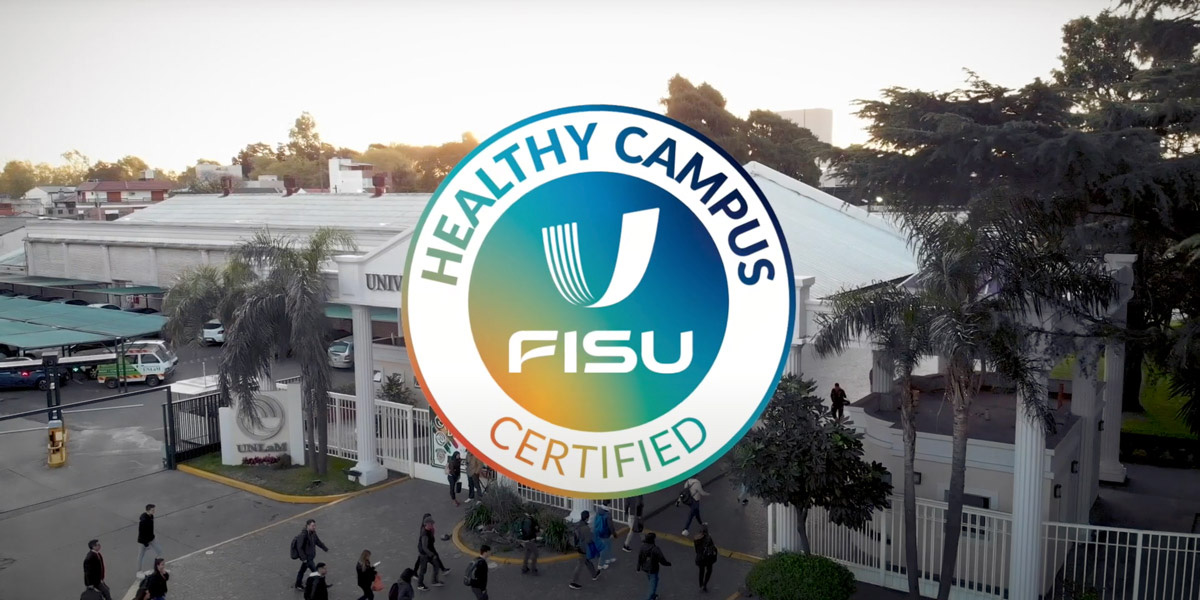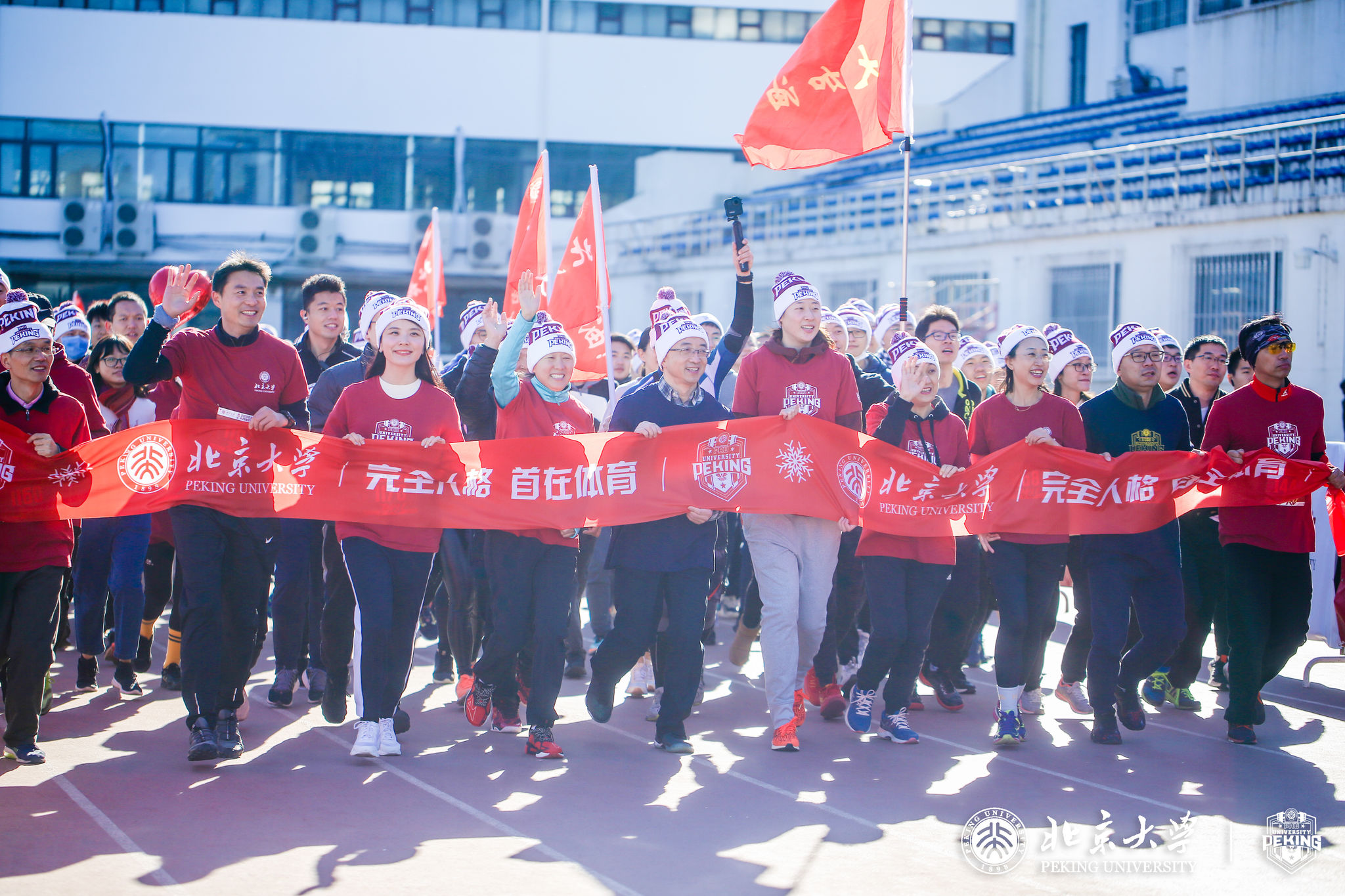 As the European Commission recently celebrated the European Week for Regions & Cities from 11-14 October, FISU joined speakers from UEFA, European Parliament and officials from Finland and the Netherlands discussing the topic of “Healthy recovery through active development in our regions,” with an emphasis on creating a global, post-pandemic recovery strategy.
As the European Commission recently celebrated the European Week for Regions & Cities from 11-14 October, FISU joined speakers from UEFA, European Parliament and officials from Finland and the Netherlands discussing the topic of “Healthy recovery through active development in our regions,” with an emphasis on creating a global, post-pandemic recovery strategy.
Representing FISU at the event as a panel speaker was Director of Healthy Campus and Universities Relations, Fernando Parente, who spoke from the perspective of university sport with an emphasis on how students and campus communities stayed resilient during the COVID-19 period.
 “University sports services tried to give students some answers through virtual platforms, as the students and the rest of the community were not on campus and were at home,” said Fernando. “It was very important to stay in contact with the with the whole academic community, especially with individuals that normally did not do physical activity in a regular way. Almost all universities had a virtual response with online physical activity classes, and this strategy was very important, which kept campus communities active; capturing the interest of many physically and mentally, but also to escape from everyday monotony.”
“University sports services tried to give students some answers through virtual platforms, as the students and the rest of the community were not on campus and were at home,” said Fernando. “It was very important to stay in contact with the with the whole academic community, especially with individuals that normally did not do physical activity in a regular way. Almost all universities had a virtual response with online physical activity classes, and this strategy was very important, which kept campus communities active; capturing the interest of many physically and mentally, but also to escape from everyday monotony.”
With an emphasis on how to establish recovery strategies to address the socio-economic damage caused by the pandemic, sport and physical activity have been identified in this session as key strategic sectors to assist with the development of healthier and more resilient lifestyles—also a main outcome of the Healthy Campus programme.
“In my opinion, the sector of sports services for universities will recover quickly,” continued Fernando. “Universities are more prepared in terms of security rules for the activities and use of the facilities. People also want to restart or have already restarted their activity where time has been invested in planning so that universities are better prepared.”
The topic of health and well-being for university communities have always been part of FISU’s mission, but more so realised with the launch of the Healthy Campus programme in 2020—also during the pandemic with many restrictions put in place all around the world.
“Regarding the lessons learned, it was very important that all the people start to pay more attention to the benefits of physical activity and sport—mainly university leaders. People are now more informed about the health, and Institutions will invest more in their services— I’m sure. We hope that the governments support their higher education institutions, in particular for physical activity and sport,” explained Fernando.
“We know that students are the future leaders who can promote good of quality of life by having good habits and therefore see a population with a healthier and more active lifestyle in the future,” he concluded.
 The FISU Healthy Campus programme is designed to help universities develop and improve health and well-being for all campus communities, while sharing global best practices of universities in the seven domains identified by the programme (sports and physical activity, mental health, nutrition, disease prevention, risk behaviour, environment, social responsibility and sustainability).
The FISU Healthy Campus programme is designed to help universities develop and improve health and well-being for all campus communities, while sharing global best practices of universities in the seven domains identified by the programme (sports and physical activity, mental health, nutrition, disease prevention, risk behaviour, environment, social responsibility and sustainability).
With over 80 universities from more than 30 countries registered globally, 30 universities are now Healthy Campus certified. More information about the Healthy Campus programme can be found here, as the first certifications will be awarded in-person to certified universities during an official FISU event the Lucerne 2021 Winter Universiade held from 11-22 December 2021.
